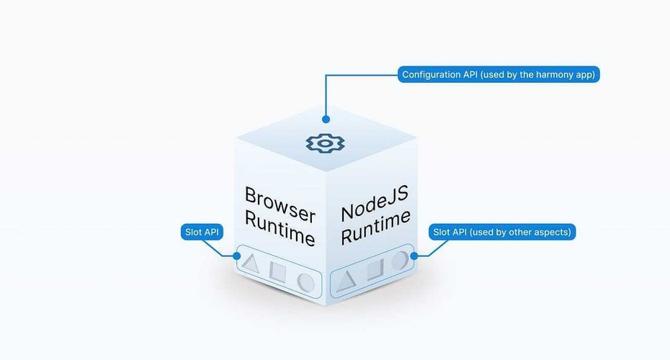Dev
3w
418

Image Credit: Dev
Building Composable Platforms with Harmony
- Harmony is a powerful dependency-injection framework that enables developers to stitch together independently developed Bit components to build modular and adaptable applications.
- Harmony supports full-stack composability, facilitating the integration of frontend and backend functionalities into cohesive platforms.
- Key features of Harmony include pluggable aspects, which are modular business features that can be easily integrated into platforms, and runtime flexibility that enables compatibility across diverse use cases.
- Composability empowers organizations to adapt quickly by enabling the addition or updating of new features with minimal disruption to the existing system.
- Composability also promotes reusability by allowing shared components to be leveraged across multiple projects, reducing duplication and increasing consistency.
- Building a composable system with Harmony involves the use of Bit components that have been designed with Harmony in mind to consume and provide 'services' to and from other aspects.
- An aspect represents a single business capability that can be plugged into a larger system to form a new application or full solution.
- Harmony facilitates a high degree of collaboration among teams by allowing them to work on isolated aspects or components without stepping on each other's toes.
- Organizations can explore Bit's demo aspects and fork them to their Bit workspace to get started quickly.
- Harmony's official documentation is also a valuable resource for development of composable software.
Read Full Article
25 Likes
For uninterrupted reading, download the app